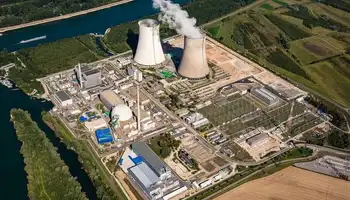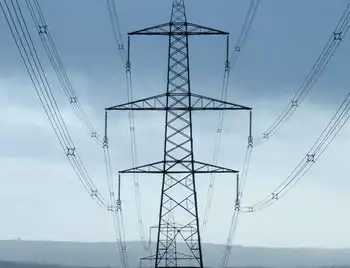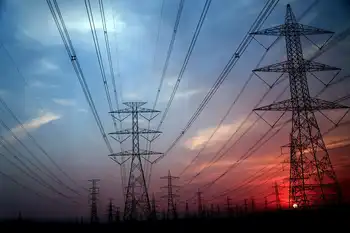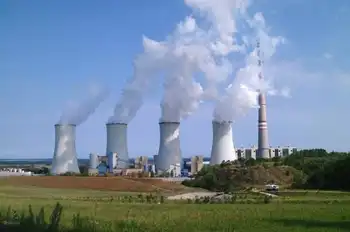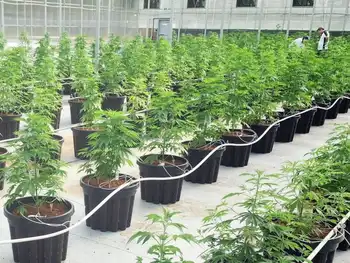State consider seven coal plants
By Knight Ridder Tribune
Protective Relay Training - Basic
Our customized live online or in‑person group training can be delivered to your staff at your location.

- Live Online
- 12 hours Instructor-led
- Group Training Available
A coalition of environmental groups said that's too many and the state needs to halt what they say is dirty, old-fashioned fossil-fuel technology.
"These will keep Michigan locked in the energy dark ages and saddle our state with outmoded technology and high costs," said Anne Woiwode, director of the Michigan chapter of the Sierra Club. Michigan already has 19 coal plants. No coal plants have been built in the state in nearly 20 years, and in that time, many manufacturing plants have closed and the state has lost population.
"The question is whether we even have a need for these plants," Woiwode said.
The Public Service Commission said last year that by 2012, Michigan will need at most two new 500-megawatt plants, which could be coal, nuclear or some other type.
However, Michigan economist David Littmann has said more recent forecasts mean that over he next five years, the state's energy needs could decline, not grow. Four of the proposed plants would produce a combined 2,160 megawatts. DTE Energy has said it wants to build a second large nuclear plant near its existing Fermi plant.
Nationwide, there is a rush to build coal-fired plants, with companies trying to win approval for new plants before expected federal rules kick in that restrict carbon dioxide emissions, said Abby Rubley, field director of Environment Michigan.
At least 150 coal-fired plants are proposed nationwide. Clean Energy Now, made up of several statewide groups, said it plans an aggressive campaign to stop the onslaught of new plants. The group will ask residents to contact legislators to put a moratorium on new coal plants and to pass legislation requiring more renewable energy and more energy efficiency. That alone could meet increased needs for electricity, Woiwode said.
Renewable energy sources - such as wind, water and solar power - supply only 3% of the state's electricity needs. Various groups are pushing for a 20% renewable energy standard for electricity companies by 2020 and for more stringent energy efficiency requirements.
Coal provides about 60% of the state's electricity needs, according to a 2006 U.S. Department of Energy report. Most of the rest comes from nuclear power and natural gas. Michigan's coal plants use pulverized coal, which is burned in a combustion chamber at utility plants.
Private companies, rather than utilities, proposing to build coal plants is new, Rubley said. Under state laws, only utility-owned plants have to get approval for new coal plants from the PSC.
The privately owned plants, which sell the electricity they generate, need only air-quality and, in some cases, water permits from the state.
Some of the companies proposing plants say they would used coal gasification, which doesn't directly burn the coal, instead breaking down the coal molecules. It is cleaner than traditional coal-burning plants, but that doesn't make it clean, Rubley said.





